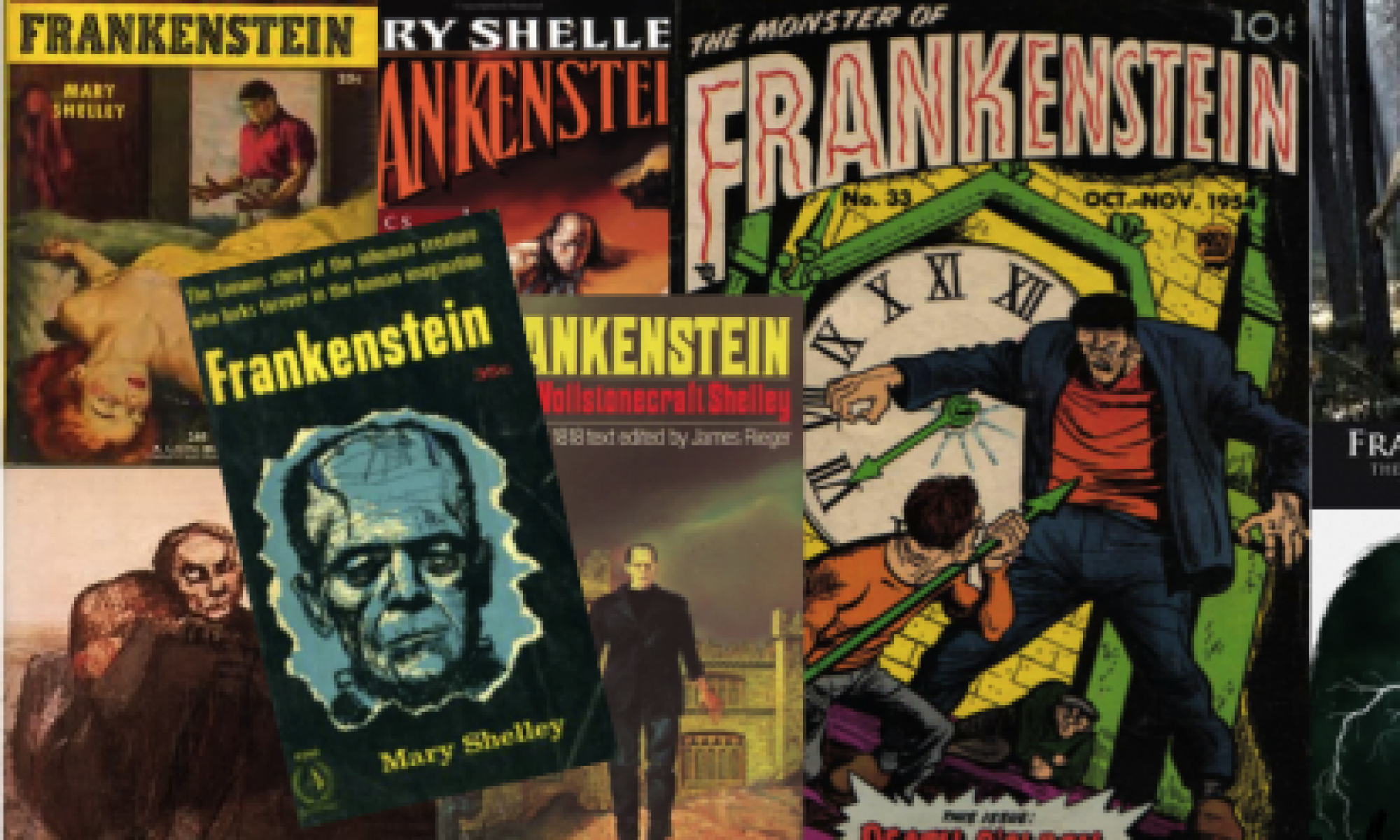If you could choose three things to bring on a deserted island, what would you choose? This is a question most people have come contemplated at some point in their lives whether it be jokingly as a youth, to determine one’s psychological makeup, or as an ice breaker to get to know people. Islands are often viewed in paradoxical ways. One person may perceive an island as a way to escape one’s station in life or a specific situation, or as a safe haven. Another person may perceive an island as a trap, an inescapable purgatory. It is often up to the individual reader, or author, to decide which connotation an island might have. In Robinson Crusoe, Crusoe believes the island is grandiose, maybe even a utopia, that exists away from human society. Despite the obvious downsides the island possesses (such as the cannibals and limited human connectivity) and the initial adjustment period Crusoe must endure as he adapts to his new life, Crusoe quickly begins to enjoy his time on the island. Upon arrival, Crusoe dubs the island as the “Island of Despair” in his journal (Defoe). However, it doesn’t take long for Crusoe to warm up to the idea of life on the Island because of the simplicity of life. As a matter of fact, he is quick to affirm his ownership over his newfound land as he alludes to the island as “a secret kind of pleasure” (Defoe). Crusoe even goes so far as to claim “[he] was king and lord of all this [island] indefensibly and had a right of possession; and if [he] could convey it, [he] might have it in inheritance as completely as any lord of a manor in England” (Defoe). The island gives Crusoe the ability to do something that traditionally implies wealth: “Ownership” of land. When Crusoe establishes his existence on the island and expands his scope of land, he is also staking a claim that he is the head of social order. He is now the King of the island.
I think that the island in Robinson Crusoe is seen even more as a safe haven for Crusoe as his time on the island stretches over decades. By exploring the island, growing crops, creating houses, and raising animals, Crusoe is effectively bettering his survival. As he continues to create and maintain the island Crusoe claims he has “no wants” as the island provides everything he needs (Defoe). According to Crusoe, why would he feel a need to rejoin society as he is perfectly fine living on an island where he is considered a King? This concept is obviously altered when Crusoe encounters a footprint in the sand, becomes paranoid, and attempts to escape the island. However, when he escapes the island, Crusoe dreams about returning, suggesting that overall, Crusoe enjoyed his time on the island and the powerful feeling that comes with the sense of ownership and self-sufficiency it provides.
The fact that Crusoe stumbles upon an uninhabited island is a very interesting factor of the book. Since Robinson Crusoe is set in the 18th century, imperialism and colonialism were at new heights as humans attempted to expand their reach across the globe and claim new land. Since colonialism was popular at the time, it is no wonder that Crusoe quickly begins to enjoy his time on the island and claim it as his own in the true spirit of colonialism. Crusoe quickly takes pride in his creation, the colonization of his island, and even longs for the island when he rejoins human society. Crusoe’s newfound “ownership” of the island gives him a sense of power which contradicts the original reaction of fear from being marooned on a deserted island. Additionally, I think that because Crusoe had to work to colonize the island by himself and sustain himself from the island alone (for the most part), he sees more value in the island itself because it shows all the work he put in to it.
Sources:
Defoe, Daniel. (1661?-1731). The Life and Adventures of Robinson Crusoe. Urbana, Illinois: Project Gutenberg. Retrieved February 21, 2016, from www.gutenberg.org/ebooks/521.
